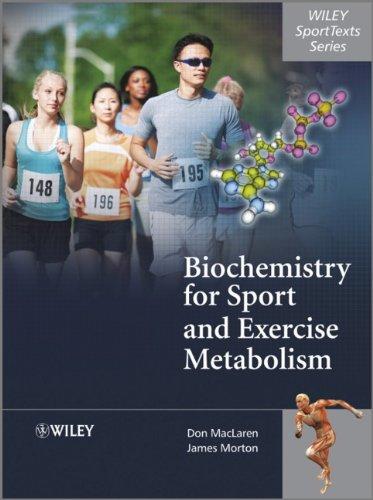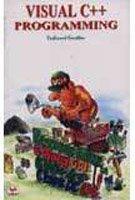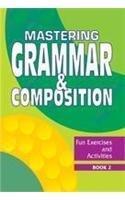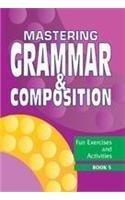 9.0%OFF
9.0%OFF

Download App
| >> | LShop | >> | Book | >> | Society & Social Sci... | >> | Education | >> | Biochemistry For Spo... |
 9.0%OFF
9.0%OFF
Biochemistry for Sport and Exercise Metabolism (Wiley SportTexts)
-
ISBN
:
9780470091852
-
Publisher
:
Wiley
-
Subject
:
Education, Biology, Life Sciences
-
Binding
:
PAPERBACK
-
Pages
:
264
-
Year
:
2011
₹
5731.0
 9.0% OFF
9.0% OFF
₹
5215.0
Buy Now
Shipping charges are applicable for books below Rs. 101.0
View Details(Imported Edition) Estimated Shipping Time : 25-28 Business Days
View Details-
Description
How do our muscles produce energy for exercise and what are the underlying biochemical principles involved? These are questions that students need to be able to answer when studying for a number of sport related degrees. This can prove to be a difficult task for those with a relatively limited scientific background. Biochemistry for Sport and Exercise Metabolism addresses this problem by placing the primary emphasis on sport, and describing the relevant biochemistry within this context.The book opens with some basic information on the subject, including an overview of energy metabolism, some key aspects of skeletal muscle structure and function, and some simple biochemical concepts. It continues by looking at the three macromolecules which provide energy and structure to skeletal muscle - carbohydrates, lipids, and protein. The last section moves beyond biochemistry to examine key aspects of metabolism - the regulation of energy production and storage. Beginning with a chapter on basic principles of regulation of metabolism it continues by exploring how metabolism is influenced during high-intensity, prolonged, and intermittent exercise by intensity, duration, and nutrition.Key Features:A clearly written, well presented introduction to the biochemistry of muscle metabolism.Focuses on sport to describe the relevant biochemistry within this context.In full colour throughout, it includes numerous illustrations, together with learning objectives and key points to reinforce learning.Biochemistry for Sport and Exercise Metabolism will prove invaluable to students across a range of sport-related courses, who need to get to grips with how exercise mode, intensity, duration, training status and nutritional status can all affect the regulation of energy producing pathways and, more important, apply this understanding to develop training and nutrition programmes to maximise athletic performance.
Related Items
-
of












 5215.0
5215.0






 135.0
135.0














